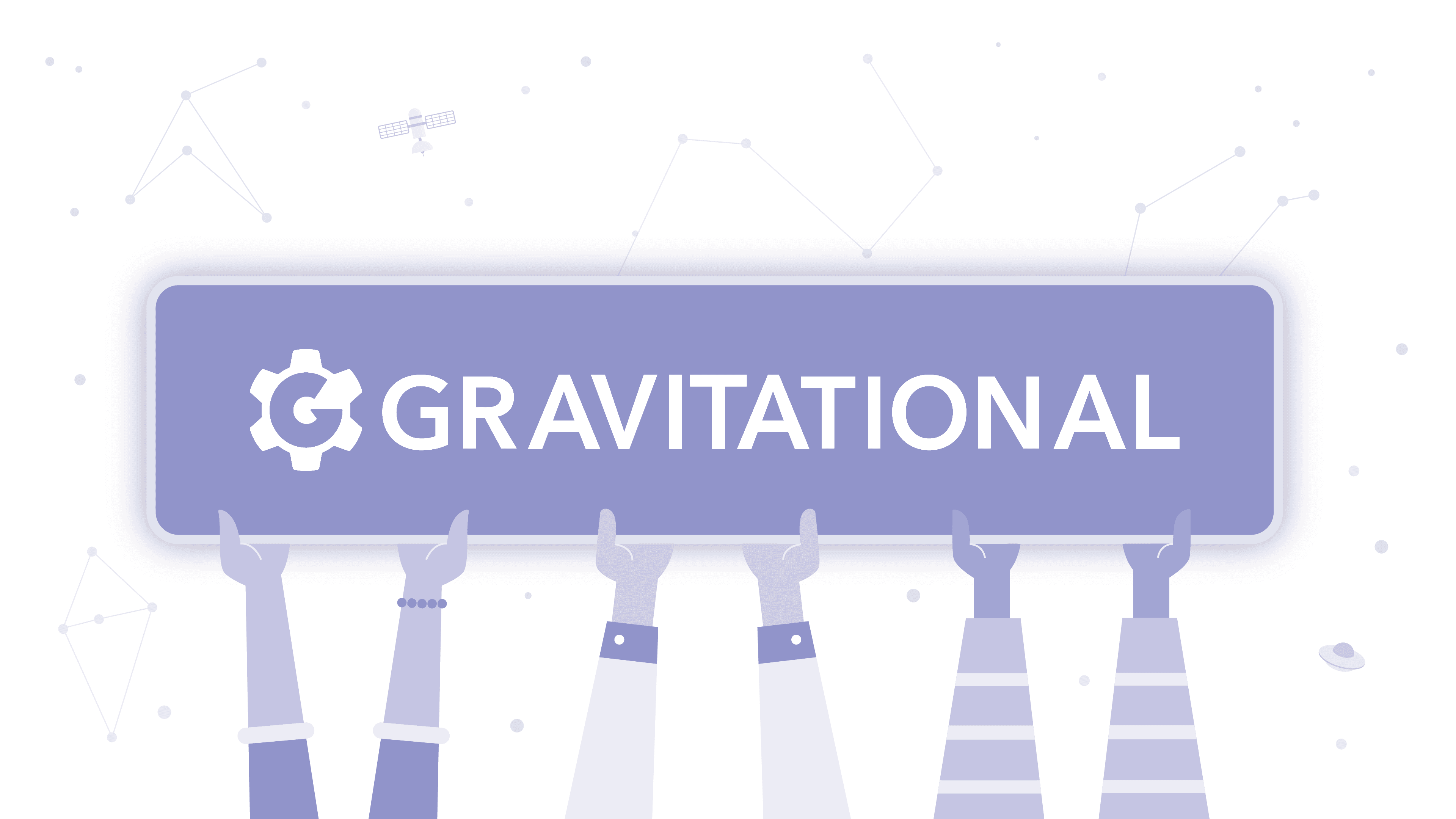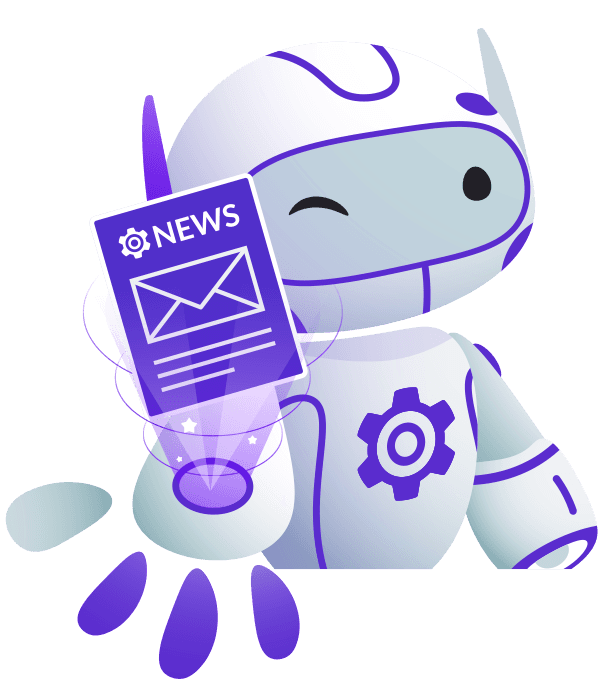Home - Teleport Blog - Adopting an Open Source Organizational Culture
Adopting an Open Source Organizational Culture

I am not an engineer. I’m a director of human resources. I don’t work in a technical space, but the concept of open source is fascinating to me as it applies to organizational culture. A company like Teleport that has intentionally chosen open source as a foundation for our work makes not only a technical decision, but a cultural one. We’re finding that employees and candidates care deeply and appreciate our choice. Open source is a big deal for us.
In this post, I focus on the ways that open source elements influence our organizational culture.
Open Source Organizational Culture
Open source software development encourages being vulnerable, collaborating openly and transparently, and focusing on outcomes. From a software perspective, it looks like:
- Accountability regarding quality of work: the code is out there in the open for everyone to see, with every line timestamped and tied to your name. You can’t get more accountable.
- Learning through transparency: By working with others on publicly visible design specs, conducting code reviews and responding to tickets anyone can learn and improve quickly.
- Importance of the written word: only written contributions matter—proposals, tickets, code, etc.
Open Source Organizational Culture (OSOC) is the translation of that model to the policies, procedures, and practices that engage our employees and help us meet our goals. We believe that if open source software helps us win in a product space, then OSOC will help us win from a people perspective — maintaining a positive, collaborative work environment and helping us attract and retain the best people.
4 OSOC Practices at Teleport
Collaboration, community contributions, and shared responsibility are the foundational elements of OSOC. For me, that manifests as four core practices:
- Shared contribution
- Continuous feedback loops
- A culture of gathering
- Code of Conduct
Shared Contribution
The traditional company hierarchy has communication systems and policies implemented from the top and passed down throughout the organization with limited opportunity for feedback. We strive to engage all employees to participate in the creation of these systems and policies. For example, all new employees, as their first task in the company, are asked to improve our onboarding policies and systems. If you see something that is broken or needs improvement, you are empowered to improve it. This includes having access to change our new hire wiki documents/checklists as needed. One of our Core Values is “We Write It Down”. Part of this core value encourages employees to document learnings and participate in updating policies, systems, and information so that others can benefit and the organization can scale with efficiency and health.
Continuous Feedback Loops
In a smaller company, leaders can be lulled into thinking they know what’s going on with employees because they interact with all of them. It is flawed and dangerous to assume we have a full and accurate picture of what our employees think without intentional systems. Regular and anonymous surveys about general topics such as engagement and employee experience, as well as specific ones related to onboarding and performance management, allow us to use collective employee data to improve.
A Culture of Gathering
In our Oakland, Seattle, and Toronto offices, employees eat together often. We might order lunch and sit together in the office, eat together in a restaurant, or go out in small or large groups to grab something to eat and bring back to the office to eat together. It’s wonderful to have an environment where people like each other enough to want to break bread regularly, but it’s something I want to ensure we continue to encourage and invest in even as we grow.
Teleport cybersecurity blog posts and tech news
Every other week we'll send a newsletter with the latest cybersecurity news and Teleport updates.
Code of Conduct
Our code of conduct originated from our engineers and is reflected throughout the company. Many startups have a kind of frat house reputation of bad behavior and questionable decision-making. Here at Teleport, we’re . . . well-behaved. You won’t find cursing in our code which apparently is a thing in other places.
Another one of our core values is “We are Grownups”. You won’t find big egos or big personalities. People are really focused on doing an excellent job and being professionals and then go home to full lives at reasonable hours.
In our code of conduct, examples of the standards are:
- Using welcoming and inclusive language
- Being respectful of differing viewpoints and experiences
- Gracefully accepting constructive criticism
- Focusing on what is best for the community
- Showing empathy towards other community members
Beyond code, employees at Teleport are polite to each other—genuinely accommodating, helpful, and supportive. Maintaining this code of conduct is central to our work.
Ultimately, OSOC involves being present, paying attention, and staying open and flexible to innovation. What are ways that you imagine Open Source Organizational Culture might show up in healthy workplaces? Follow us on Twitter @goteleport.
Table Of Contents
Teleport Newsletter
Stay up-to-date with the newest Teleport releases by subscribing to our monthly updates.
Tags

Subscribe to our newsletter

